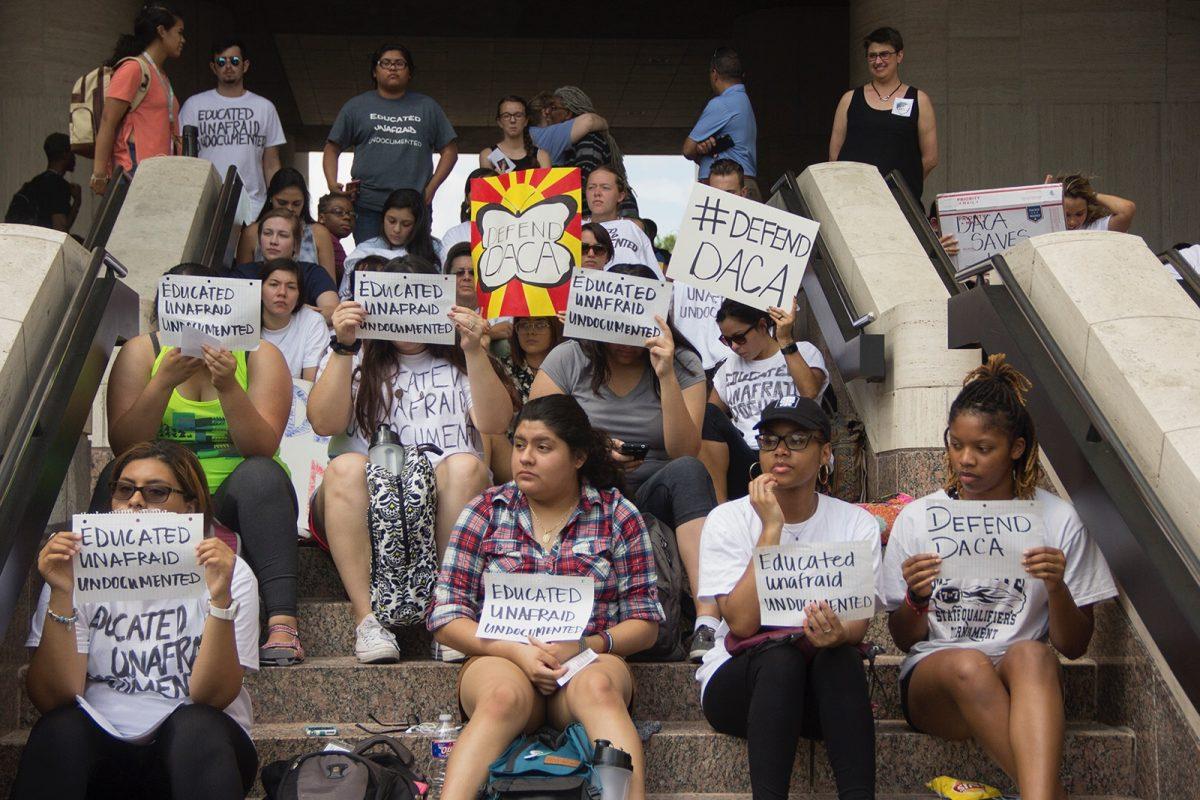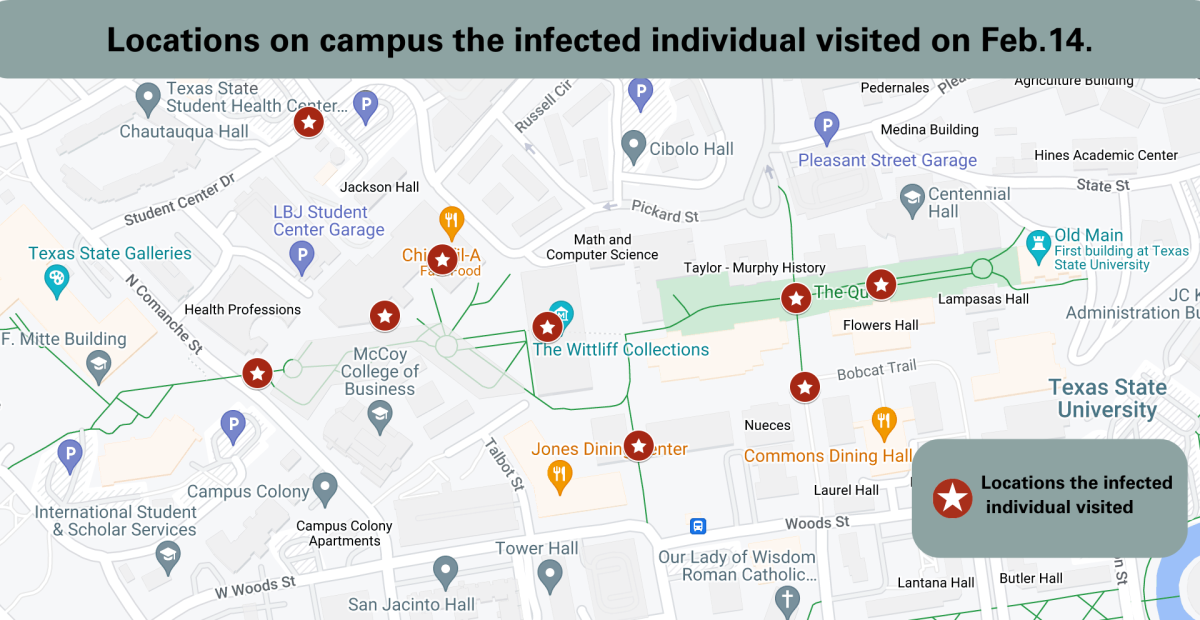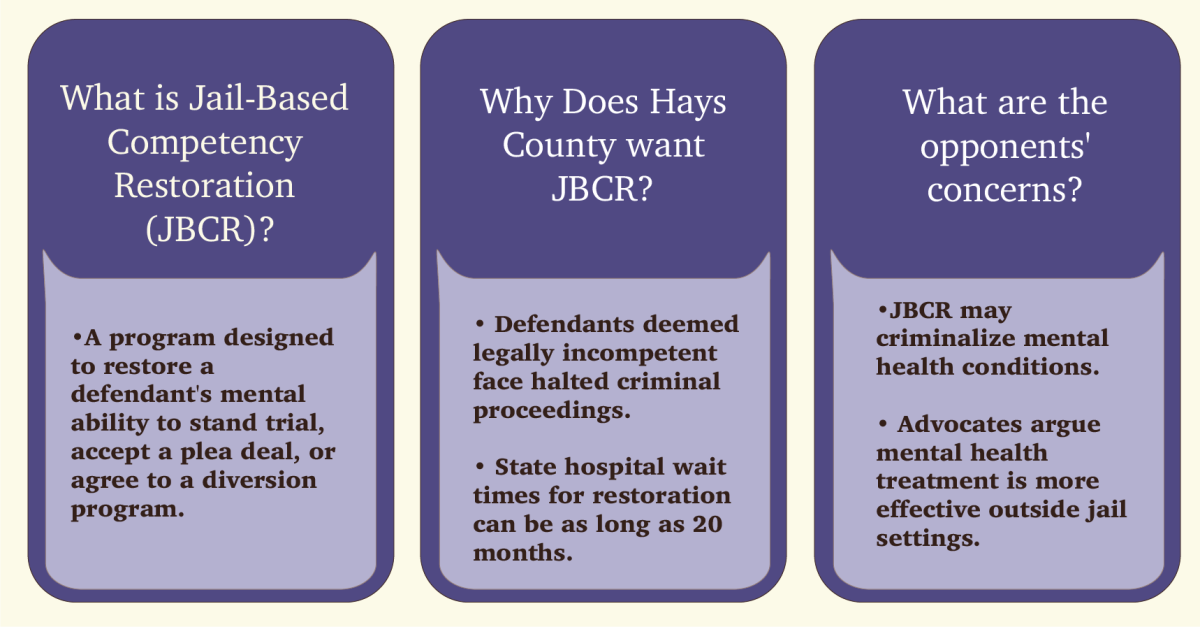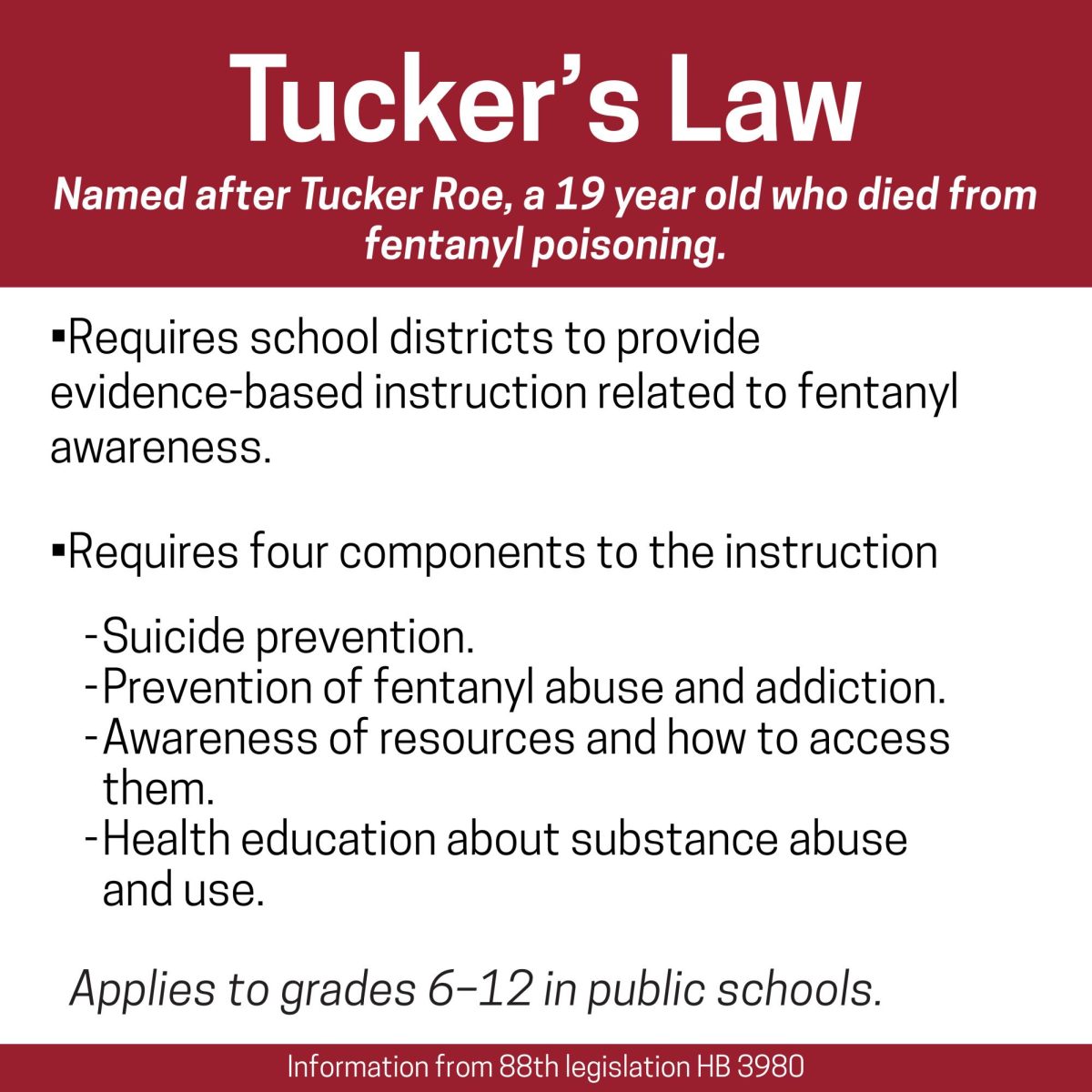Texas officials are leading a seven-state coalition suing the federal government in an attempt to end to the Deferred Action for Childhood Arrivals program.
The Office of Texas Attorney General Ken Paxton announced May 1 it filed a lawsuit against the federal government to end the Obama-era immigration program that gave undocumented children in the US protection from deportation, as well as a two-year renewable work permit. Texas is joined by the states of Alabama, Arkansas, Louisiana, Nebraska, South Carolina and West Virginia.
Paxton first threatened to take action in June 2017 if the Trump administration did not end the program by September.
However, three judges have rebuked President Trump’s efforts to end the program, with the most recent one being the strongest, according to the Texas Tribune.
“Last September, President Trump sided with the rule of law,” Paxton said in a press conference announcing the state’s action. “Since then, three activist federal judges have blocked the federal government from canceling DACA. That means unelected federal judges are forcing the Trump administration to leave an unlawful program in place indefinitely as legal challenges drag on.”
Paxton said the lawsuit filed is, about the rule of law, not the wisdom of any particular immigration policy.
The lawsuit claims the “unilateral executive action by the Obama Administration created far-reaching, class-based ‘deferred action’ programs to grant to millions of unlawfully present aliens the legal classification of ‘lawful presence’ in this country and numerous attendant benefits, without congressional authorization.” It continues to argue the unlawfulness of the program by comparing it to previous, similar programs deemed unlawful, such as DAPA, a program giving three year renewable work permits to illegal immigrants who are parents of American citizens or lawful permanent residents, and Expanded DACA, which would include more people in the original DACA program.
However, it does not request the removal of any immigrant currently with DACA protection but merely just stops the renewal and issuing of any permit in the future
Dayann (last name omitted per request), fifth-year DACA recipient, moved from New York to Texas about a year ago. She has been in the US since she was four.
“At the time, I was freaked out because that was when everything was happening,” Dayann said. “When Trump ended DACA, I thought, ‘what’s going to happen to me?’ It’s sad to say but I’m kind of used to it by now.”
Local and on-campus organizations that support DACA are responding with a persistent vigor.
Isis Mares, treasurer for Latinas Unidas, an on-campus organization that strives to empower immigrant students through support and education of relevant issues, said this is a subject the group will continue to combat.
“I feel this is something I might want to research further and speak to our fellow members about as to the significance and the impact it might carry,” Mares said. “This is an on-going topic that no longer leaves my mind.”
As of September 2017, 690,000 unauthorized immigrants were enrolled in the program. There currently more than 120,000 DACA recipients in Texas alone. Two-thirds of all DACA recipients are under the age of 25, according to the Pew Research Center.
“The danger DACA poses goes far beyond its consequences for our immigration system,” Paxton said in a press conference. “It invites future presidents to ignore the law, ignore the will of the people and set their own policies on the Second Amendment, privacy rights, drug laws or any of the other important issues debated in Congress.”
Although the fate of DACA is still unknown, recipients like Dayann stay hopeful as they continue their lives in the country.
“Hopefully my dad will be applying for my US citizenship but it might take up to seven years,” Dayann said. “It’s definitely adding stress and anxiety but I’m accepting this is the reality of things. I’m just trying to keep my head up and not let it get to me.”
Categories:
Texas leads lawsuit to end DACA
May 31, 2018
0
Donate to The University Star
Your donation will support the student journalists of Texas State University. Your contribution will allow us to purchase equipment and cover our annual website hosting costs.
More to Discover















